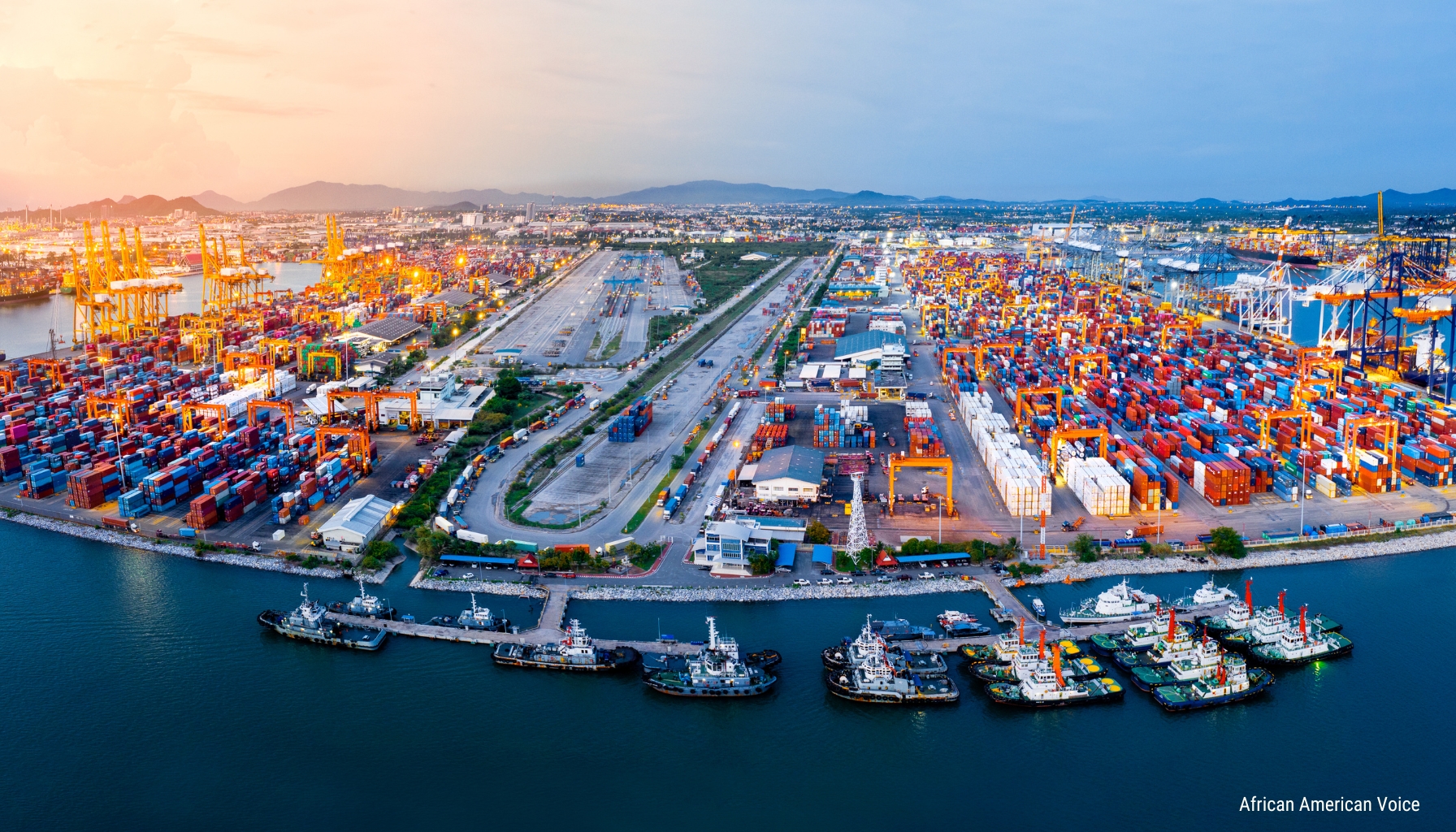
By Stacy Brown
In what appears a swift resolution to the first work stoppage in nearly half a century, the Local International Longshoremen’s Association (ILA) has reportedly reached a deal to end its three-day strike, which had disrupted port operations across the East and Gulf coasts.
While specific details of the agreement remain under wraps, numerous media outlets are reporting that multiple union sources confirmed that both sides have agreed to extend the recently expired contract until Jan. 15, allowing workers to return to their posts while the final terms are negotiated and ratified.
The ILA’s first strike since 1977 brought major shipping routes to a standstill, halting the flow of essential goods, such as containerized imports and exports, critical to the holiday season supply chain. The 50,000 union members from ports stretching from Maine to Texas had walked off the job early Tuesday morning, citing the expiration of their six-year contract on Oct. 1. Ships were left stranded at sea, unable to dock and unload cargo, affecting industries ranging from produce to automotive.
Labor experts have quickly clarified that the strike’s timing — just weeks ahead of the November election — was purely coincidental, dictated by the longstanding contract expiration date, not political pressures. However, the strike coincided with an already tense political landscape, adding a layer of urgency to its resolution.
While the tentative deal is a positive step forward, it still requires ratification by the union’s rank-and-file members, a process that could alter the course of events. If the workers reject the deal, the strike may resume, a scenario not unheard of in recent labor disputes. Just last month, a similar situation unfolded when machinists at Boeing rejected a tentative deal despite union leaders’endorsement.
Business leaders and political figures alike had expressed growing concerns over the potential economic fallout had the strike continued. The work stoppage threatened the availability of key imports, from European luxury cars to food products, when inflationary pressures already weighed on the economy.
With workers set to return to the ports on Friday, the situation remains fluid. All eyes are now on the union vote that will determine the future of this labor dispute. Should the deal be ratified, it would mark a major victory in averting a prolonged economic disruption.
Source: Washington Informer Newspaper – Published without any changes






